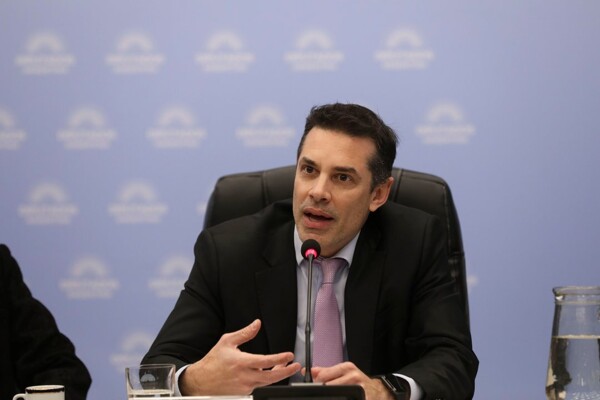
The Government has made the decision to unify the registration systems for contracts with the State in public works and consulting services under a general regime. This measure was published in Decree 105/2025 in the Official Gazette.
From now on, all information will be centralized in the Supplier Information System (SIPRO). Companies and professionals interested in contracting with the National Public Administration must register in this system. The main objective of this unification is to simplify the contracting process with the State, avoiding duplication of documentation and requirements.
The Government considered that the existence of multiple registration systems and records complicated the process for those wishing to contract with the State. Therefore, a common general regime has been established for all interested companies and professionals, allowing particularities only when indispensable according to a specific contract.
This measure is part of the deregulation process promoted by the administration of Javier Milei. It aims to maximize the efficiency of public spending by reviewing redundant functions or those of marginal contribution to the general interest. In this sense, the National Register of Public Works Builders and Law No. 22,460, which included the National Register of Consulting Firms for Public Works, have been repealed and absorbed by SIPRO.
In addition, a modification has been made in the supplier habilitation regime by requiring that only those natural or legal persons registered in the database managed by the governing body can participate in selection processes. This unification of the database is justified by improving the functioning of the State, allowing for a more agile, efficient, and effective performance while reducing the overstaffing of the state structure.














